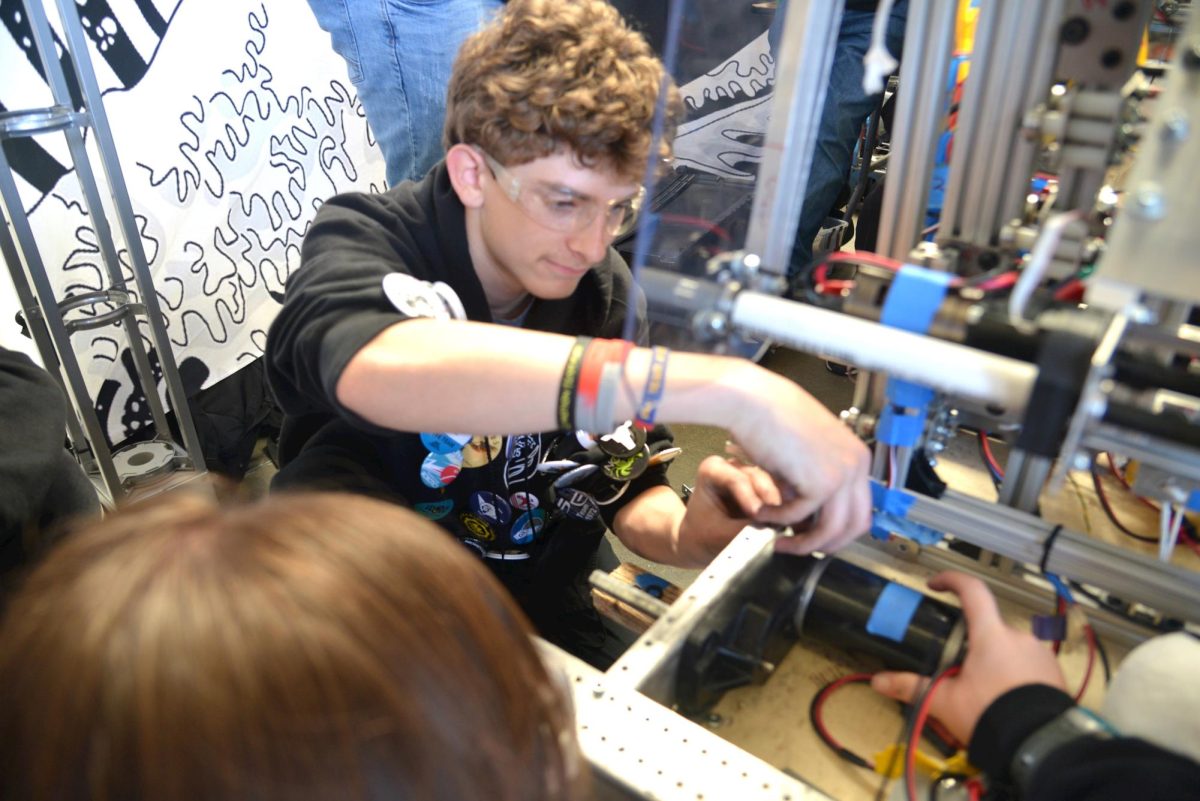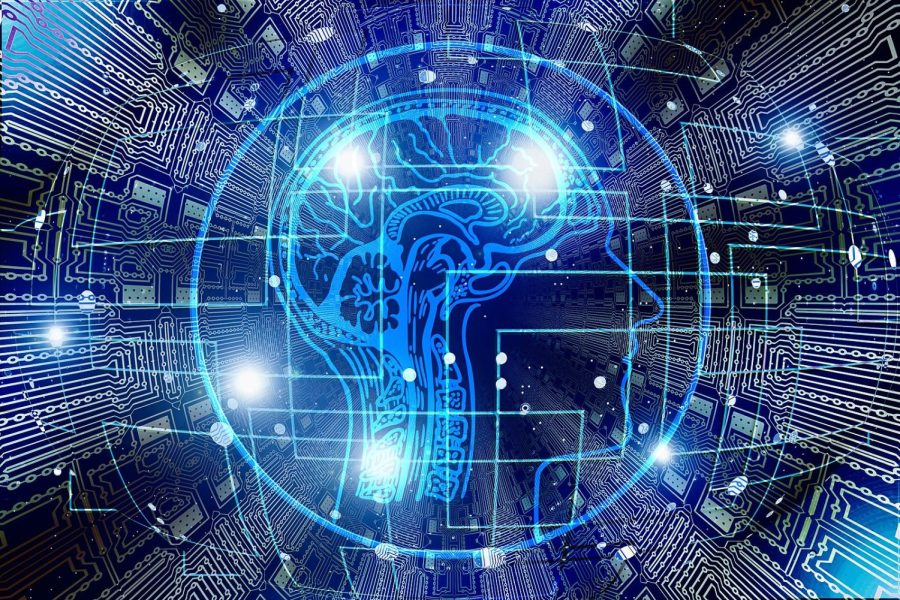Artificial Intelligence is The Future
Display of the complexity of Artifical intelligence as an electronic brain.
Artificial Intelligence (AI) has made tremendous strides in the past decade and is now being used in a variety of fields from medicine to finance to transportation. AI’s history dates back to the 1950s when British scientists developed the first AI computer program. Since then, AI has evolved from a simple problem-solving program to a powerful tool that can learn from data.
Today, AI is used in many areas, from medical diagnosis and disease management, automated vehicles and robotics, and creating news articles. AI can help doctors make diagnoses more quickly and accurately; it can also be used to analyze financial data and recommend investments. AI is also being used in transportation, such as self-driving cars and drone delivery systems.
In addition to its practical applications, AI is also being used in research and development. AI can be used to develop algorithms and simulations that can help scientists understand complex systems, such as climate and energy. AI can also be used to create virtual assistants that can help with everyday tasks, such as scheduling appointments and managing calendars.
Despite its potential benefits, AI also poses some challenges and risks. For example, AI-driven algorithms can be used to make decisions that can have far-reaching implications, such as decisions about loan approvals or job selection. AI also raises ethical and privacy concerns, as it can be used to profile and target individuals.
In the future, AI is likely to be used in even more areas, such as healthcare, finance, and transportation. As AI becomes more powerful, the ethical and privacy concerns that come with it need to be addressed. It is also important to ensure that AI is used responsibly and safely in order to maximize its potential benefits.
This article was made by artificial intelligence.





















































